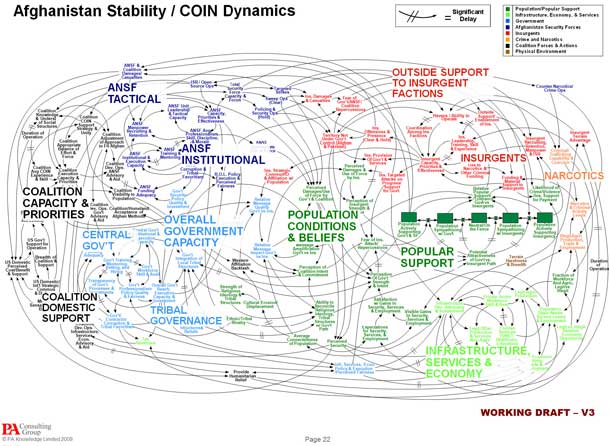
News earlier this week, from the Center for Constitutional Justice
Today, the United States Supreme Court refused to review a lower court’s dismissal of a case brought by four British former detainees against Donald Rumsfeld and senior military officers for ordering torture and religious abuse at Guantánamo. The British detainees spent more than two years in Guantanamo and were repatriated to the U.K. in 2004.
The Obama administration had asked the court not to hear the case. By refusing to hear the case, the Court let stand an earlier opinion by the D.C. Circuit Court which found that the Religious Freedom Restoration Act, a statute that applies by its terms to all “persons” did not apply to detainees at Guantanamo, effectively ruling that the detainees are not persons at all for purposes of U.S. law. The lower court also dismissed the detainees’ claims under the Alien Tort Statute and the Geneva Conventions, finding defendants immune on the basis that “torture is a foreseeable consequence of the military’s detention of suspected enemy combatants.” Finally, the circuit court found that, even if torture and religious abuse were illegal, defendants were immune under the Constitution because they could not have reasonably known that detainees at Guantanamo had any Constitutional rights.
Eric Lewis, a partner in Washington, D.C.’s Baach Robinson & Lewis, lead attorney for the detainees, said, “It is an awful day for the rule of law and common decency when the Supreme Court lets stand such an inhuman decision. The final word on whether these men had a right not to be tortured or a right to practice their religion free from abuse is that they did not. Future prospective torturers can now draw comfort from this decision. The lower court found that torture is all in a days’ work for the Secretary of Defense and senior generals. That violates the President’s stated policy, our treaty obligations and universal legal norms. Yet the Obama administration, in its rush to protect executive power, lost its moral compass and persuaded the Supreme Court to avoid a central moral challenge. Today our standing in the world has suffered a further great loss.”
No shortage of outraged commentary on this howling catastrophe, but I thought Digby put it pretty well:
So torture is a for[e]seeable consequence of the military’s detention of suspected enemy combatants. I guess it’s official.
Everyone in the world should be advised that if they don’t want to be tortured, they shouldn’t let themselves be suspected of being an enemy combatant. And if they foolishly allow themselves to be suspected enemy combatants, they should realize, regardless of any laws or treaties to the contrary, that they’ll be tortured. After all, nobody can be expected to know ahead of time which people are legally “persons” or which prisoners are allowed constitutional rights. It’s up to innocent people not to allow themselves to be caught in this Catch 22 in the first place. Good to know.
Any guesses who said this way back in January?
I was clear throughout this campaign and was clear throughout this transition that under my administration the United States does not torture.We will abide by the Geneva Conventions. We will uphold our highest ideals.






